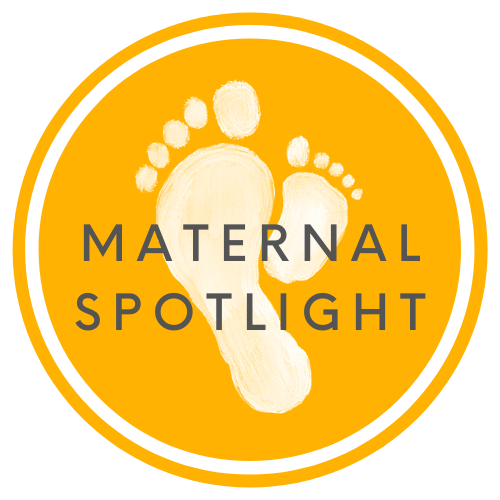When does the postpartum year really end?
When does postpartum really end? Is it a year? Is it when medical guidelines say it is? Is it when insurance coverage runs out? Is it because our child is celebrating their first birthday and it signifies that they've been in the world longer than they've been in our bodies? Is it when our clothes fit in a way that makes us happy again? As someone who studies health policy, the "postpartum year" is a phrase we commonly use. But as I'm about to celebrate my second child's 5th birthday, I keep thinking about this nagging feeling I've had as a researcher, which makes me wonder when does postpartum end and what phase of life are we in when it does. To me postpartum is a feeling, a sentiment, a physical and emotional condition…overall, an experience. It can feel personal and intimate; it can feel like a social bond with others. At times it is a label we use as a catch-all phrase to acknowledge a chaotic transition. It's a feeling of intense vulnerability and strength. It's a feeling of watching a part of you grow into something new -- inside yourself and outside in your child. It's a feeling of coming to terms with your new body and being amazed by what it's accomplished. It's a period of time where you're constantly wondering what is my new normal and reminding yourself that it doesn't have to look the same again — even when social media may tell you otherwise. On some level I have felt like I've been postpartum for the past eight plus years since the birth of my first child. For me it feels like I have spent a good part of a decade devoting my well-being to creating life and sustaining it as a mother all while watching myself turn into a new person and recover from a set of birthing injuries (some of which are still healing). Some may say, “yeah, it is just called motherhood.” I would argue that as we continue to create maternal-centric health care services, policies, and supports to help all mothers at any point in their health journey AND at a level that is commensurate with how we value child health — that we should perhaps consider that postpartum is a very nuanced experience. The future of our maternal health research and the new innovations we create from it should be grounded in this real-world, day-to-day complexity.


